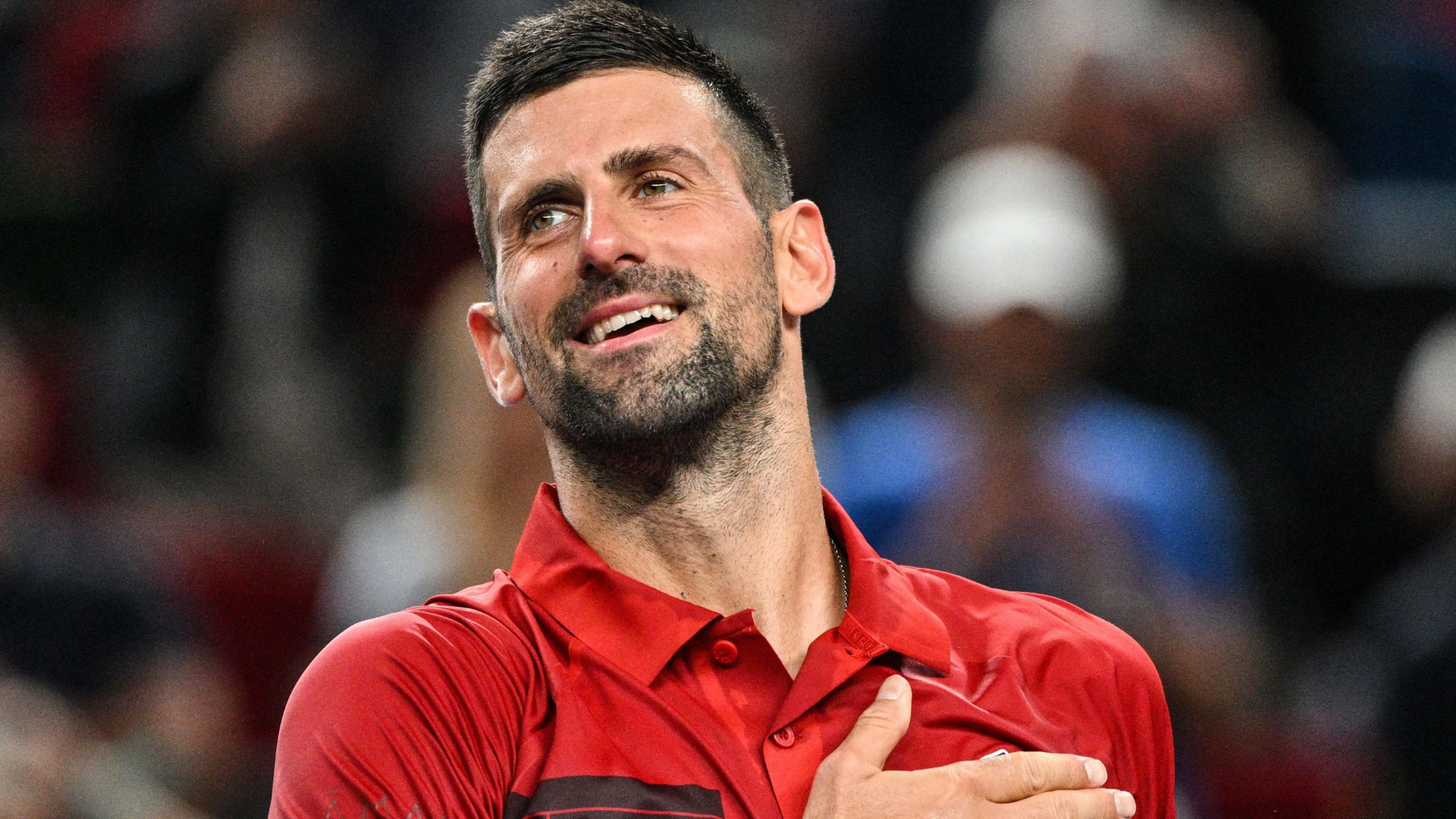G20 nations have pledged to collaborate on ensuring that the ultra-wealthy pay their fair share of taxes, though they stopped short of endorsing a more comprehensive agreement. This commitment was outlined in a declaration adopted Friday at a finance ministers’ meeting in Rio de Janeiro, which is set to host the G20 summit in November.
The meeting, which was a key priority for Brazilian President Luiz Inacio Lula da Silva, focused on the challenge of tax evasion by billionaires. The final statement reflects a compromise among member states, emphasizing cooperative efforts to address tax avoidance among high-net-worth individuals while respecting national tax sovereignty.
“We will seek to engage cooperatively to ensure that ultra-high-net-worth individuals are effectively taxed,” the statement reads, highlighting concerns about wealth and income inequality impacting economic growth and social cohesion.
Brazil’s Finance Minister Fernando Haddad underscored the moral imperative of progressive taxation, stating, “It is important that the twenty richest nations recognize the problem of having progressive taxation on the poor and not on the rich.”
While some countries, including the United States and Germany, opposed a global tax deal for billionaires, others, like France, Spain, South Africa, and Colombia, supported it. French economist Gabriel Zucman praised the consensus among G20 nations on the need to reform tax practices for the super-rich but called for more decisive action.
Nobel Prize-winning economist Joseph Stiglitz urged world leaders to establish minimum tax standards by the upcoming summit, arguing that the burden of climate crisis costs should not fall solely on ordinary taxpayers.
In related developments, U.S. Treasury Secretary Janet Yellen and Brazilian Economy Minister Haddad announced a new partnership on climate protection during the meeting.
The G20, originally focused on global economic issues, has expanded its agenda to include other critical challenges, though member states often have differing views on what should be prioritized. The final communique from the meeting notably avoided specific references to ongoing conflicts in Ukraine and Gaza, instead mentioning “wars and the escalation of conflicts” as global economic risks.



















